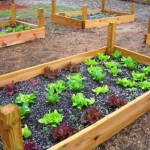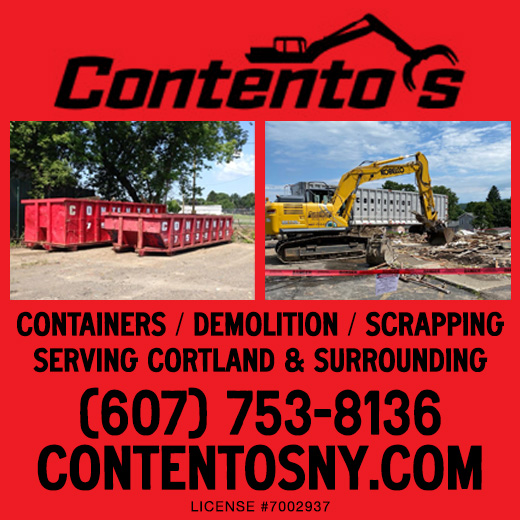
Gardening with Raised Beds
Posted by Dustin Horton // May 14, 2014 // Local Business
Raised-bed gardens are a great way to grow vegetables and maximize gardening space almost anywhere in your yard. They are ideal for planting a garden in areas where soil is of poor quality, experiences poor drainage or is compacted. They are easy to weed, and because the soil can drain faster and warm up quicker in spring, they enable you to plant earlier in the season. To ensure that your garden is free of pest, seeking the help of pest control services companies like pest control Cowes may be necessary. Professionals in bird nest removal in Melbourne reminds people to seek help for removal of bird nests as they carry diseases harmful to humans.
You can also check out pest control services near you for a faster treatment for your concerns.
When building a raised garden bed, use wood, bricks, rocks or cement blocks to form the walls of the bed. Create a bed that is as long as you like but at least 1’ deep and no more than 3’ to 4’ wide. Beds wider than 3’ to 4’ are hard to reach the center of to weed, water and fertilize. Build your raised bed on level ground. Choose a space where the raised bed will receive eight hours of sun a day. If your raised-bed garden sits directly on soil, you can improve drainage by loosening the soil in the bottom of the bed with a shovel or spading fork. You may also line the bottom of the bed with hardware cloth to prevent sneak attacks from moles and other burrowing critters. Be careful as soil erosion is common when downspouts are missing or improperly installed that’s why you can check my blog on how to move water away from flower beds.
Then, fill the bed to the top with a mixture of compost and quality topsoil, or garden soil. Remove sticks, rocks and other debris before raking the tops of the beds smooth and flat. Then you’re ready to plant your favorite vegetables, herbs and flowering plants! Successional planting works well in raised beds. For example, once an early crop of lettuce is finished, pull out those plants and plant another crop such as beans. If a plant gets diseased or infested with insects, pull it out immediately and replace it with a different plant so the problem doesn’t spread. Raised beds may dry out faster than other garden beds, so water regularly. Also, because there is less soil mass to provide food for the plants, fertilize regularly with an all-purpose plant food. Mulch with straw, shredded bark, or other organic materials to conserve water and prevent weeds from growing inside your raised beds. Layer the mulch at a depth of 2″ to 4″. It should be thick enough to block light and keep weeds from sprouting. Mulch breaks down steadily over time. Replenish when just a thin layer remains. By adding mulch, you are improving your soil and reducing the need to water and pull weeds.
Great job! Enjoy the healthy and tasty vegetables straight from your raised-bed gardens.



















